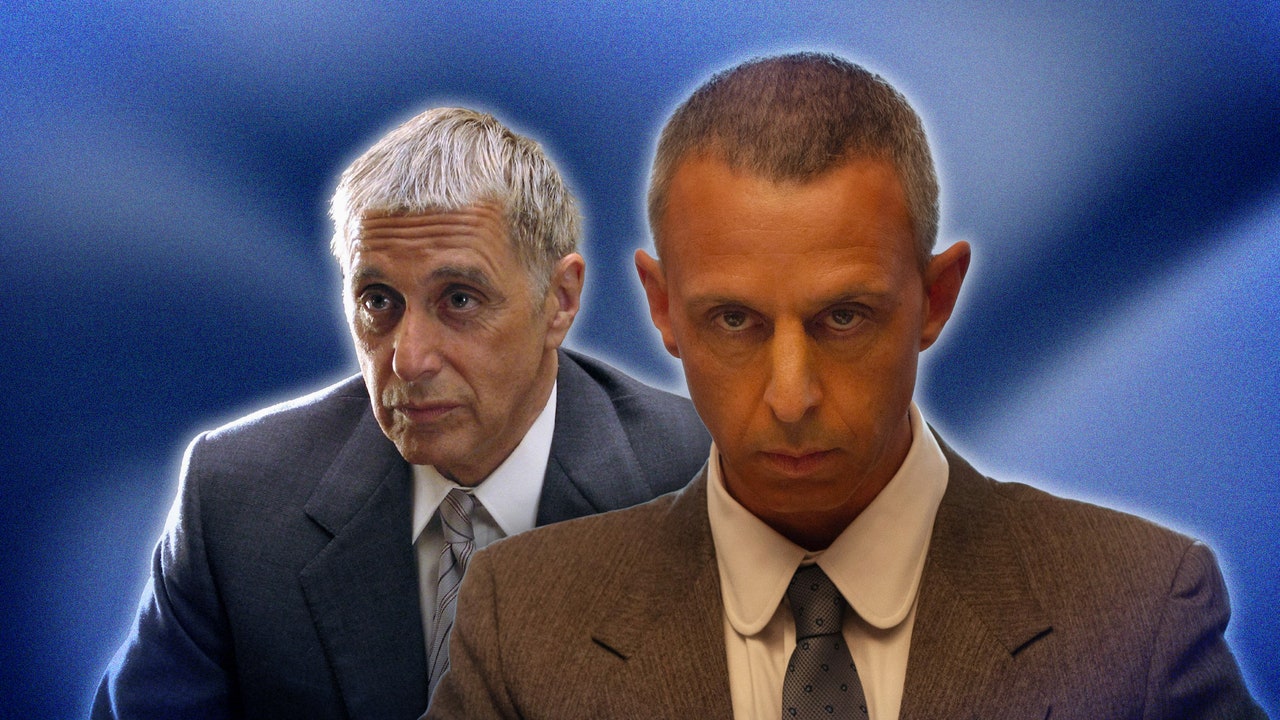I was very young, about 10 years old, and my father and mother were talking at dinner one night â this would probably been the mid 60sâabout the McCarthy era. I was intrigued, so my father gave me a book called The Nightmare Decade, [which was] a history of McCarthyism. In the book, Fred Cook writes about Roy and his relationship to [his associate] G. David Schine. Heâs very careful not to actually say that Roy was in love with Schine. In a lot of stuff written about Roy while he was alive, people were careful, because he would sue you.
But it was really clear to me at 10âI knew I was gay even thenâthat there was something going on between these two. They were sent by McCarthy to Europe, and they were running around the Ritz hotel in Paris in towels, slapping at each otherâs butts! So here was this really awful person, who was Jewish, like me, and gay, like me. This was at a time when I was looking for any evidence that there was anybody else like me on the planet, in terms of homosexuality.
Did you follow his career after the 50s?
When I got to New York in 1974 I went to Columbia University. That was right around the time that Studio 54 was starting, and Roy had successfully established himself as this powerbroker in New York. So there he was again. [Later] I started hearing rumours that he was sick, as were friends of mine, when the [AIDS] epidemic was beginning to attain these terrifying dimensions. I was again confronted with a confusing set of feelings, because here was this guy who was a dreadful human being, but also a person with AIDS.
When he was getting sick and dying, you saw these pictures of Roy incredibly emaciated and clearly ill, but looking really scary. Thereâs a direct correlation between those pictures and Trumpâs famous mugshot when he had to surrender himself to the authorities after his indictmentâtheyâre [both] glaring at the camera. I imagine that somewhere in Trumpâs reptile brain, he had stored up a memory of how Roy handled that moment.
What made you put Cohn in Angels in America?
The big thunderclap for me was when he died [in 1986]. This guy, Robert Sherrill, published an obituary in The Nation, a left[-wing] American magazine. It was shockingly homophobic, [and] quoted a famous Washington political columnist saying what Roy was like at the end in hospital â his sores on his anus leaking fluid. It was a really determined attempt to deprive this man of any dignity in death.

